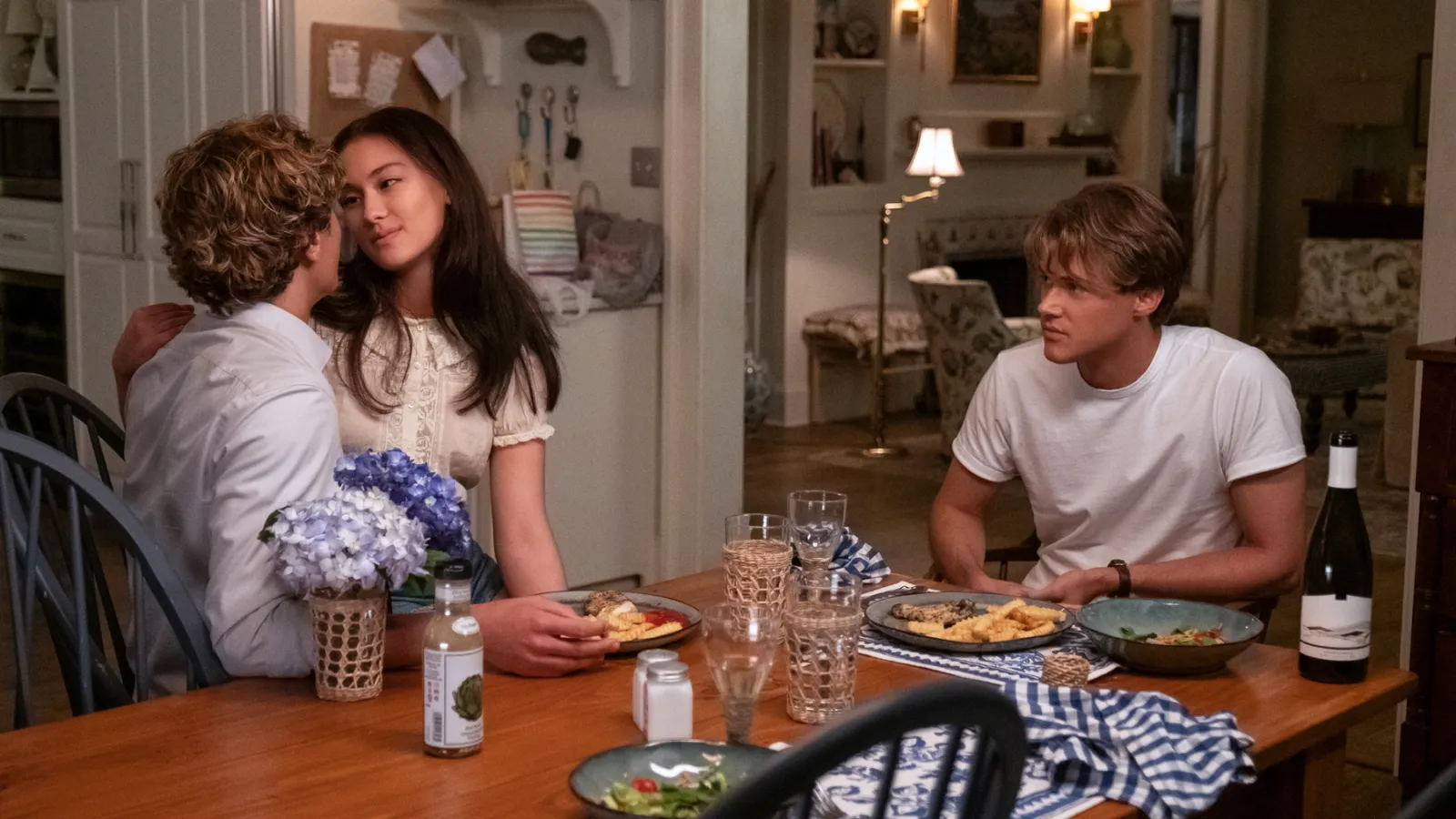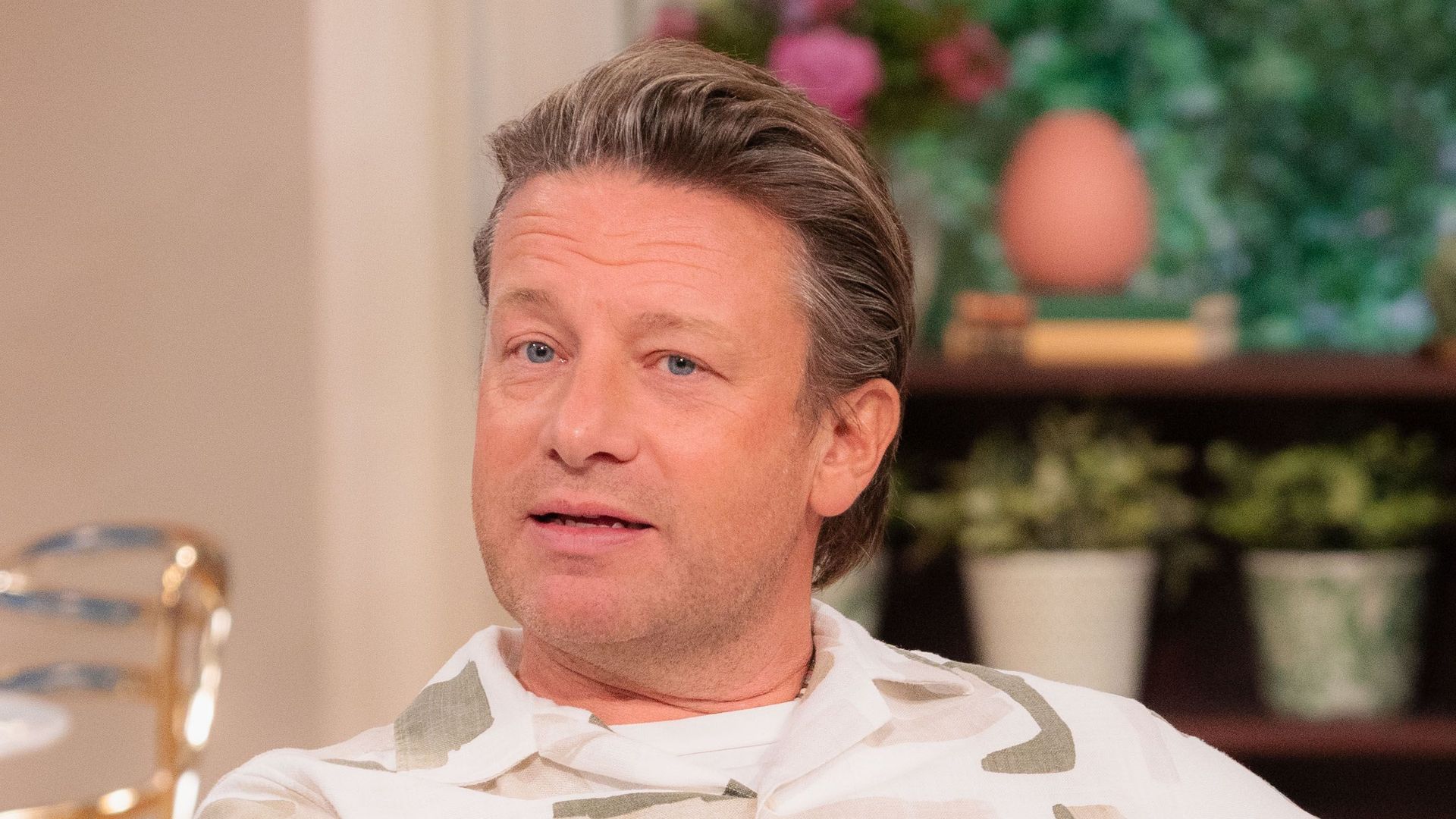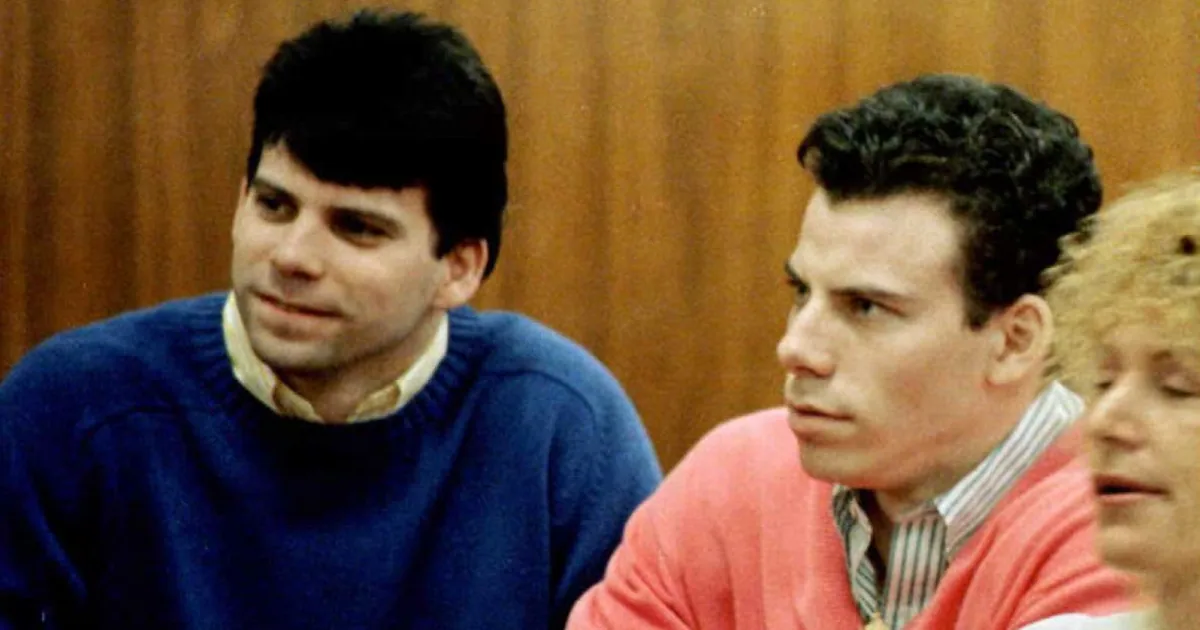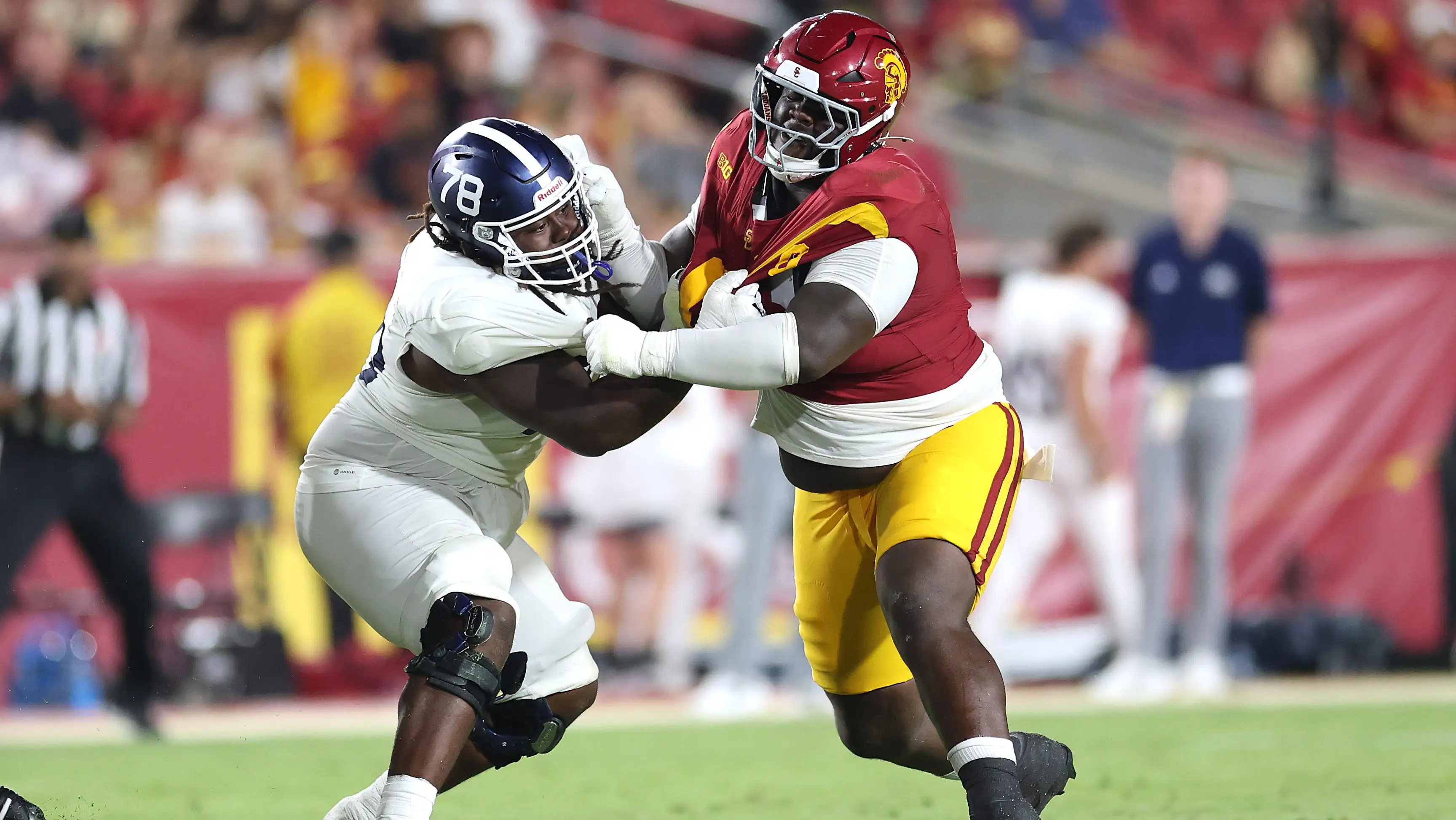
When author Jenny Han first published her novel The Summer I Turned Pretty in 2009, there was no way of predicting that the story surrounding a young girl and her love affair with two brothers — and a gorgeous beach house — would eventually become the source material for a Taylor Swift-approved, viewership-topping, crash-out-inducing television series. But in the 16 years since the book’s release, that’s exactly what’s happened.
Now in its third and final season, Prime Video’s The Summer I Turned Pretty has evolved from a relatively unremarkable show amid a sea of romance offerings to an era-defining piece of media. The series follows Isabel “Belly” Conklin (Lola Tung) through the summers she spends at the fictional Cousins Beach with close family friends — and brothers — Jeremiah (Gavin Casalegno) and Conrad Fisher (Chris Briney), both of whom she dates and between whom she is eventually forced to choose. Don’t mistake interest for critical acclaim — there aren’t any Emmy Awards in the series’ present or future. The show is more of a guilty pleasure than it is actually good television. But that hasn’t stopped the current season from becoming a must-watch event, stoked by its weekly-release format. The teen soap is everywhere, dissected on social media, played on the screens of sports bars during weekly watch parties, and discussed in unexpected places from NFL practices to movie premiere red carpets.
When people look back on the summer of 2025, the question that might be the most representative of the pop-culture fixation of this moment could very well be: “Are you Team Conrad or Team Jeremiah?” But beyond captivating audiences with its love triangle, what the final season of The Summer I Turned Pretty should be remembered for is driving some of the most bonkers and unhinged online energy in the history of the internet.
One of the biggest problems fueling the fires of this insanity has been the blurring of lines between The Summer I Turned Pretty characters and the actors who play them. When characters do something fans disagree with, the actors in their shoes get hit with a wave of harassment as if these decisions were their own, not something written in a script. (People comment vomit emojis on Tung’s Instagram when Belly makes a poor choice, or call her love interests “ugly” and “mediocre.”)
Editor’s picks
In a show where people cheat, choose colleges based on their latest hookups, and punch each other during debutante balls, disagreement strikes often. But the person who has received, by far, the most negative attention is Casalegno — and it’s no coincidence that a spike in the harassment directly coincided with the storyline of his character Jeremiah cheating on Belly.
The bullying, which spans from attacks on actors’ physical appearances (“ugly,” “freak ass” some viewers have written on social media) and criticisms of their performances (“call me gavin casalegno cus i don’t know how to act rn,” reads a popular tweet format) to legitimate death threats, became so consistent that the show’s official accounts issued a warning discouraging fans from harassing the actors before the season even began — a PSA that was repeated again ahead of an especially emotional episode. “We’ve had similar situations in the past with adaptations, where there is a fan base out there that can get rowdy, and it sometimes can overstep the line between characters and actors,” Amazon TV chief Vernon Sanders told Variety in August. “We really appreciate them and appreciate their passion, but we’re trying to be more proactive about setting expectations of what we want to encourage and maybe what we find not appropriate.” While the warnings have been direct and to the point, they haven’t stopped fans from doubling down on the delusion and social media attacks. With only one episode left before the series ends entirely, it’s clear that The Summer I Turned Pretty and its cast will most likely see the end of their show before they see the end of their online harassment. But before Belly, Jeremiah, and Conrad leave our screens entirely — and the internet moves on to its next victim — now feels like a good time to ask a genuine question: Can everyone get a fucking grip?
Related Content
The Summer I Turned Pretty is not a real story. The show is about a teenage girl who is torn between two men boys brothers for most of her high school and college career and acts as if no other man could truly love her like they do, despite having virtually no acne, a perfect smile, and the cherubic heart of a loveable idiot. She’s got so many other options! (And not only is she dating actual brothers, but the entire first season is about how much they grew up as one big family, so she’s somewhat dating her own brothers when you really think about it.) Nothing about it is real life. In fact, the characters go out of their way to make nonsensical decisions. Belly says yes to getting married before her final year of college, even though her ring is the size of a paperclip and she’s in love with her fiancé’s brother. She picks a frat boy over a future doctor with a strong relationship with his therapist. She begs for a wedding at the expense of her relationship with her mother, then cancels the wedding and buys a day-of ticket to Paris without a place to stay, written confirmation that there’s a spot for her in a study abroad program, or the knowledge that she needs to keep her belongings in sight at all times. If those decisions don’t scream “this is a fake show about fake teenagers,” I don’t know what does. Every onscreen decision is specifically crafted to keep people hooked, watching, and talking, but fans online have developed such parasocial relationships with these characters that they are turning on the very format that made the show popular in the first place.
Trending Stories
It would be less concerning, or at least somewhat understandable, if the current audience for The Summer I Turned Pretty were misguided but still-learning tweens or teenagers going through the emotional and hormonal hellscape that is puberty. But according to viewership data from Amazon, the show’s biggest demographic is women aged 18 to 34. These are legal adults! They probably have jobs and driver’s licenses, and yet they’re still spending their time sending death threats to actors because they don’t like that they’re playing the role of a chaotic bisexual with frosty tips. It’s hard to tell whether we should blame this on the social skills people lost during the Covid-19 pandemic, or the general degradation of media literacy skills, but what is apparent is that something about this series has triggered a kind of digital psychosis in some of its biggest fans — one that should make people concerned.
There have always been toxic sides of fandom in certain corners of the internet. Some fandoms, like Star Wars, The Lord of the Rings, or even Marvel, have become recognizable for the small but vocal subset of their fandoms dedicated to toxic takes and actor harassment. But what’s interesting about The Summer I Turned Pretty discourse is the aggressiveness of the reaction when put next to the reality of the source material. This is a romance TV series adapted from YA books that came out almost two decades ago, not a trillion-dollar franchise. The online harassment it has inspired is proof that toxic fan culture is no longer regulated to the outskirts of the internet — it’s mainstream. There is a collective feeling of ownership that the internet has cultivated, one where fans feel entitled to say and do whatever they want online. But it doesn’t change what happens in the show. And it certainly doesn’t make the experience more enjoyable for anyone else who wants to watch the series with a reasonable and normal amount of apathetic enthusiasm. On Sept. 17, the last episode of The Summer I Turned Pretty will be released, forcing viewers to finally say goodbye to Cousins Beach. Maybe we can leave the bullshit there with it.



